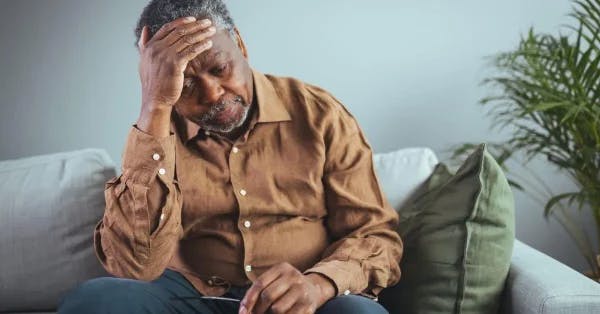
10 Signs of Decline After a Stroke and What To Do About It
The signs of decline after stroke can manifest in different ways. These can include affecting physical abilities, cognitive function, and even emotional well-being. Knowing these

The signs of decline after stroke can manifest in different ways. These can include affecting physical abilities, cognitive function, and even emotional well-being. Knowing these
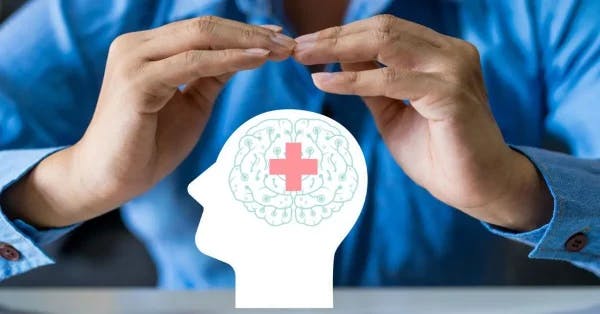
A stroke can turn your world upside down. Beyond the physical challenges, many survivors experience a rollercoaster of emotions. However, while these emotional shifts can

Behavior changes after stroke can occur throughout the recovery process. Some changes, however, can indicate the presence of other medical complications that require treatment. This
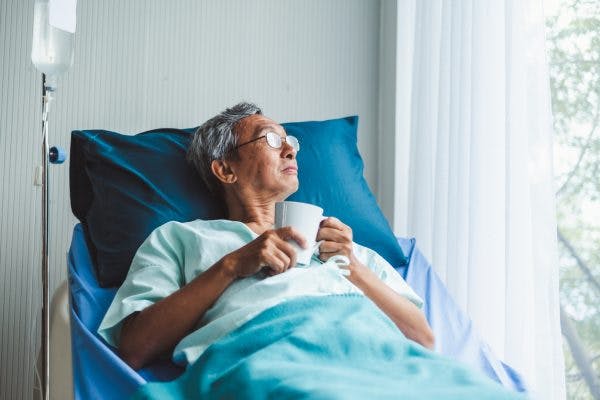
Vomiting after stroke may be serious, as it may indicate the onset of another stroke. Furthermore, frequent vomiting can gradually deplete the body of vital

If you or a loved one can’t recognize faces after a stroke, it could be prosopagnosia — also known as “facial blindness.” This article will discuss the

Restless leg syndrome after stroke can lead to insomnia and affect your quality of life. Therefore, treatment is often desirable for many patients. But where

More than one third of survivors experience difficulties with memory after stroke. Some individuals may have problems with remembering new information, while others may struggle

The inability to write after a stroke is called agraphia. It’s primarily caused by impaired motor control in the hand (peripheral agraphia) or disrupted language processing
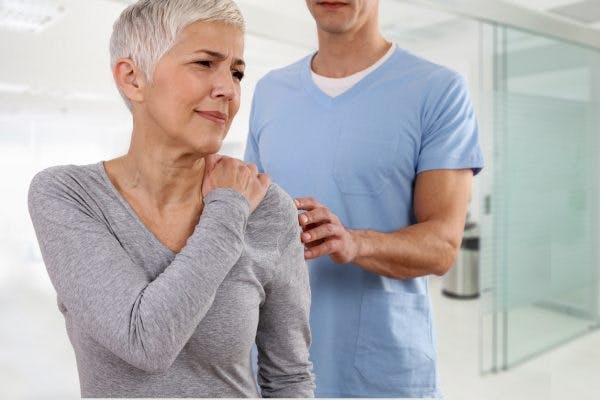
Have you ever felt alarmed by muscle twitching after stroke and wondered what caused it? Sometimes muscle twitching is a sign of spasticity, but it
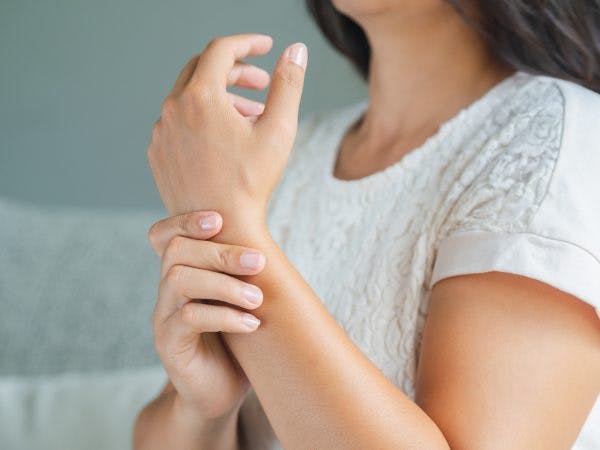
A swollen arm after stroke can lead to discomfort, pain, and difficulty with completing daily activities. Although arm and hand swelling may affect many stroke

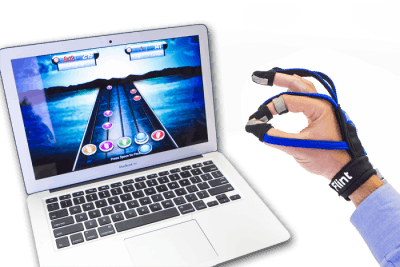
Take the first step towards recovery.